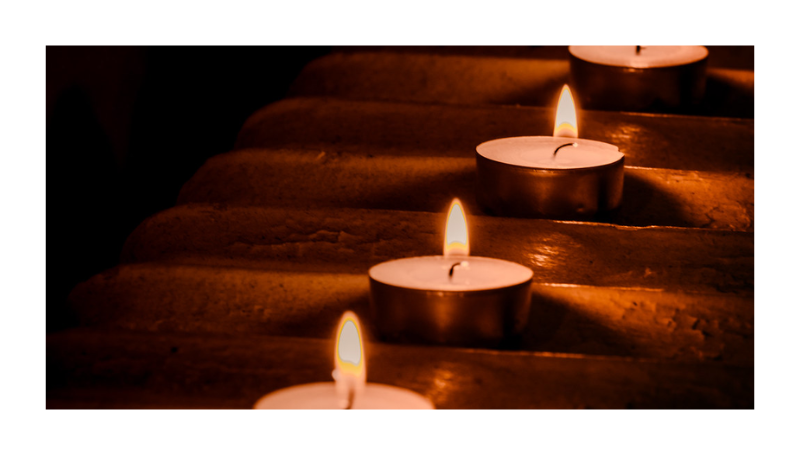Mois Navon
Lehrhaus, Dec. 10, 2023
“… who is the intended audience for “publicizing the miracle”?”
On Oct. 7, 2023, the day that has come to be called “the Black Sabbath,” our enemies darkened our eyes and our world. To overcome them, we must fight them with light. Of course, I do not mean to imply that we must not physically fight those who came to physically destroy us. Rather, as intimated by the popular Hanukkah song, “Darkness we have come to dispel, in our hands light and fire” (“banu hoshekh legareish, be-yadeinu or va-eish”), we must fight with both light and fire. The fire power will be brought by the IDF; but the light is for each and every one of us to bring. To truly prevail, both physically and spiritually, we must connect to our light. That light, I suggest, is none other than the light of Hanukkah.
The Unusual Laws Of Hanukkah
To understand the great power of the light of Hanukkah, let us begin with an interesting dilemma brought in the Gemara (Shabbat 23b). The question is asked: What do you do if you only have enough money for either wine for Friday night kiddush or a candle for Hanukkah? Which do you buy? The Gemara answers unequivocally, “A candle for Hanukkah,” because lighting the Hanukkah candles inspires not only the individual but publicizes the miracle to others (pirsumei nisa).
Now, while no one argues against this conclusion, many question how the biblical commandment of Friday night kiddush can be overridden by the rabbinic commandment of Hanukkah candles. The overwhelming majority of commentators respond that the biblical demand for kiddush itself is not being overridden, but rather the use of wine is, which is a rabbinic institution. In fact, they argue that the Hanukkah candles only take precedence over the wine if one has bread to use as its substitute to recite kiddush (see, e.g., Rashba, Ran, Penei Yehoshua, ad loc.).
Taz (Orah Hayim 678:2), however, argues that, for Rambam, the importance of the Hanukkah candle is so great that it overrides not only wine for kiddush but bread as well![1] It is not that Rambam forgoes kiddush altogether, but that biblically one can fulfill it with words alone: “It is a positive commandment from the Torah to sanctify (lekadeish) the Sabbath day in words” (Hilkhot Shabbat 29:1). From here we learn that the Hanukkah light is so important that, while others can’t imagine a kiddush without wine or bread, Rambam would rather you light a candle and simply say the words of the kiddush. ….SOURCE


